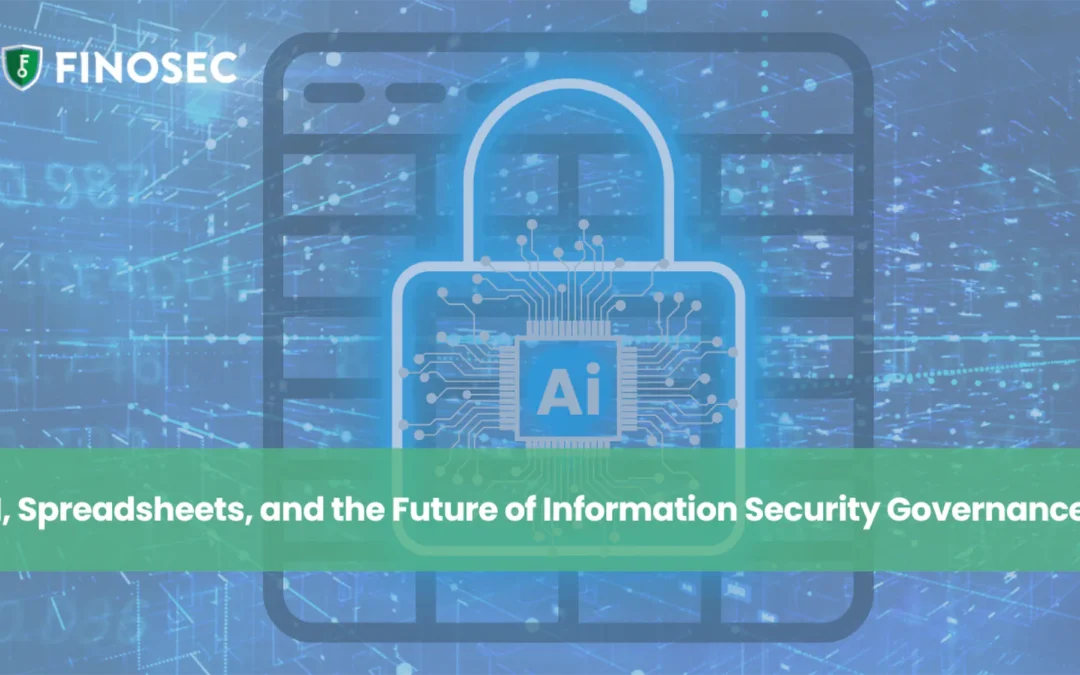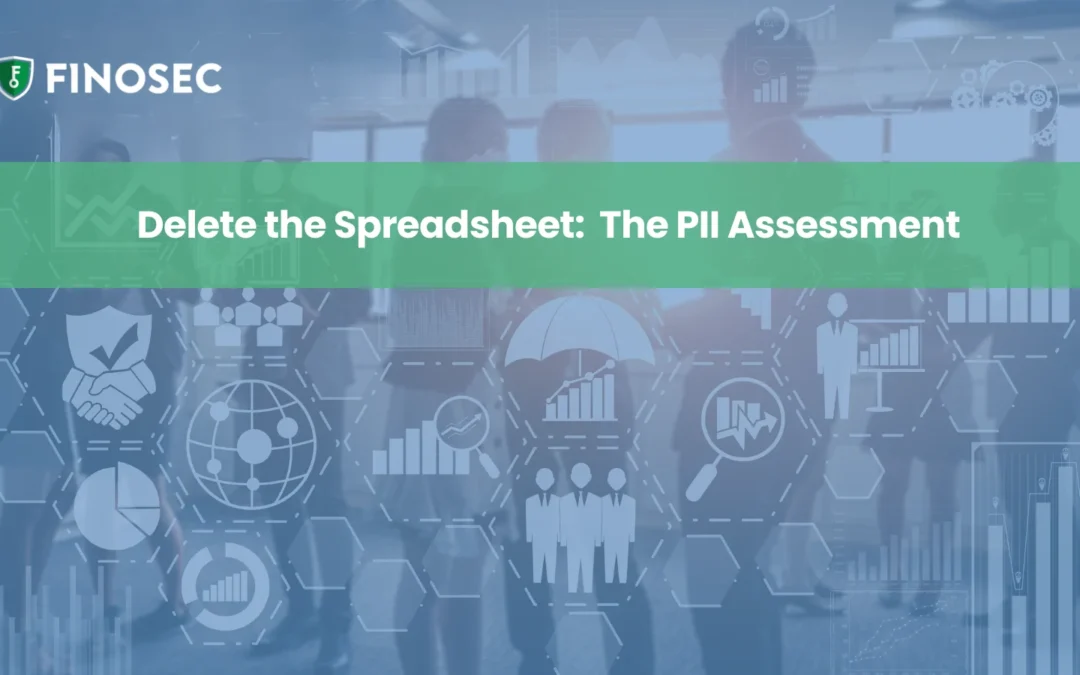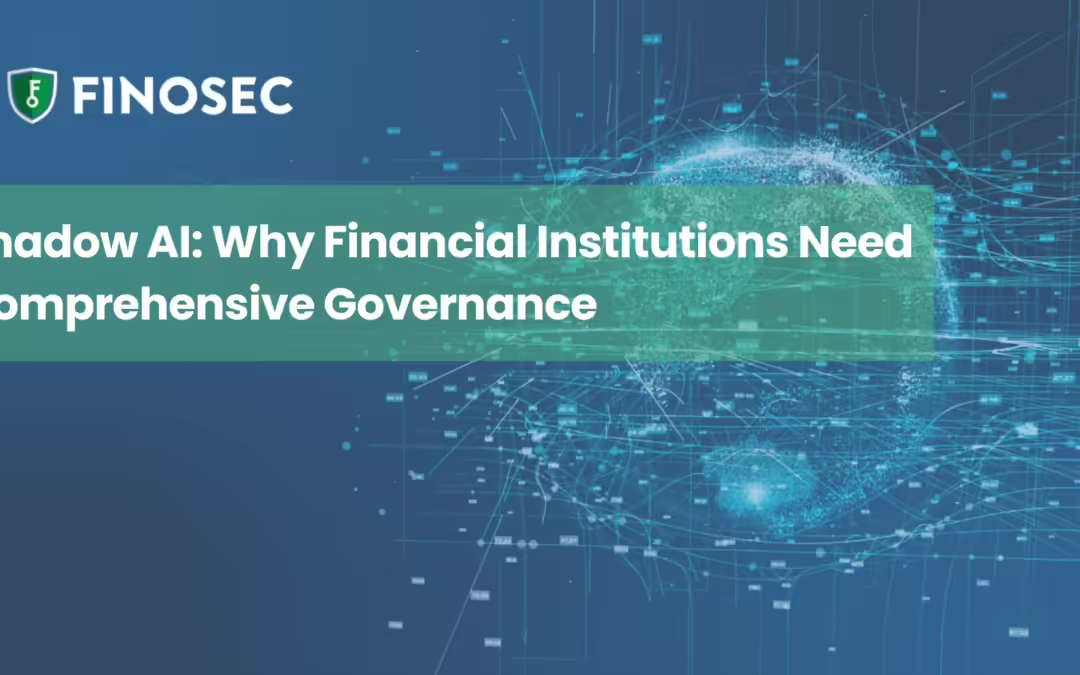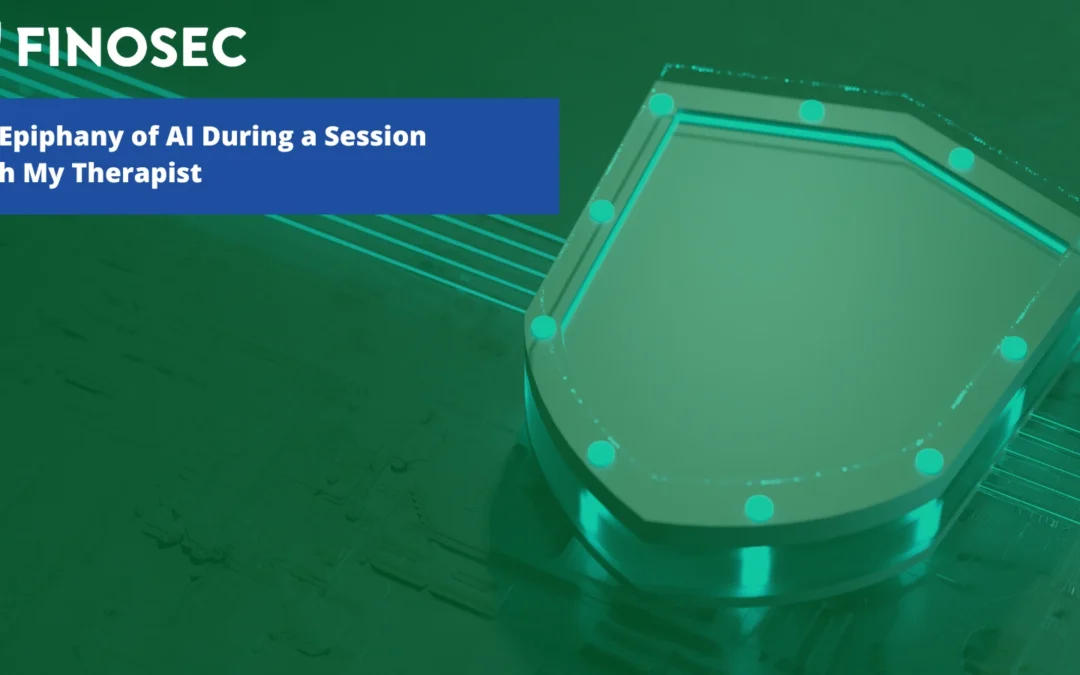Recently, I’ve been getting many questions on ChatGPT and Artificial Intelligence in Community Banking. Should you implement it? Shouldn’t you? What are the risks? What’s my opinion on this hot topic??
One thing anyone who knows me can tell you, I am an expert in my opinion! The following article outlines my thoughts on ChatGPT and AI in Banking.
I’ve also recorded a 13-minute video training session that offers community bank Boards and Senior Management an overview of ChatGPT, AI & the pros and cons of each.
The article and the video are both completely free and available for use within all financial institutions. I hope they prove helpful in kick starting some of the conversations. (Bonus tip – if you play the training video during a Board meeting, you could put a check mark in the “Board Cybersecurity Education” box that must be met.)
ChatGPT and AI in Banking
When it comes to information security and cyber threats, in the past years, topics like ransomware, malware, patching, cyber insurance, and incident response have taken center stage. While these issues remain important, it’s time to shift our focus to something new and exciting: ChatGPT and Artificial Intelligence (AI).
The ABA’s Banking Journal recently published an article about understanding and using ChatGPT and AI in banking. Ryan Jackson, the VP for innovation strategy in the Office of Innovation for the ABA, suggested that banks review how these technologies fit within their current controls and third-party software assessments.
From an innovation standpoint, it’s essential to acknowledge that if you’re just starting to review ChatGPT and AI now, you might be a little late to the party. We need to act swiftly and dive into this world of AI because it’s already here, and our industry is lagging behind. It’s time to investigate, plan, (and possibly embrace) the potential AI holds.
In case you’re not familiar, ChatGPT is a remarkable language model developed by OpenAI. It employs artificial intelligence to generate human-like responses to text-based queries. The true power of ChatGPT lies in its ability to provide comprehensive answers, not just a list of web links. It surpasses search engines like Google, offering step-by-step instructions and the option for clarification, making it a game-changer in information retrieval.
This can be a bit of a difficult concept to understand at first. Let’s compare a basic text-style question in both Google and ChatGPT: “How do I update my Incident Response Plan?”. When I searched for “How do I update my Incident Response Plan?” on Google, I found the usual mix of tips, articles, and vendor options—useful but not extraordinary. However, when I posed the same question to ChatGPT, I received a detailed, step-by-step process to update my incident response plan. And if there would have been an area I didn’t understand, I could have asked ChatGPT for further clarification. The response went beyond what most humans would – or even could provide, showcasing the potential of ChatGPT’s human-like comprehension and knowledge.
Since its release last year, ChatGPT has attracted roughly 100 million monthly visitors to its website alone. This number doesn’t account for the additional applications that utilize its technology or the malicious actors who have fully embraced its potential.
So, what should your approach be? Do you roll out ChatGPT? Run away from it? Pretend it doesn’t exist? As of today, there are no explicit regulatory guidelines addressing ChatGPT or AI. Some larger banks have opted to restrict their employees’ usage initially. I’ve spoken with community banks that have taken a similar stance. However, others believe that embracing artificial intelligence will give them a competitive edge. There is no definitive right or wrong answer.
One thing is for sure; chances are you will implement some type of AI. Just as there are risks involved with moving forward, there are risks involved with doing nothing.
Let’s explore some of the positive aspects of AI that should be considered in your cost/benefit analysis:
- Improved Efficiency and Reduced Costs: AI can automate repetitive manual tasks, enhancing efficiency and reducing costs. By streamlining processes, banks can compete more effectively in an evolving market.
- Enhanced Customer Service: AI enables instant responses to customer inquiries, meeting their increasing expectations for fast, personalized, and convenient service.
- Strengthened Security: AI assists in identifying patterns, detecting threats, and responding swiftly. This reduces the risk of data breaches and enhances overall security. Additionally, AI can be utilized in various areas beyond security, such as compliance and risk management.
While the benefits are enticing, it’s crucial to understand and mitigate the risks associated with ChatGPT and AI:
- Potential for Cyber Attacks: Although there have been no direct reports of banks being compromised by AI, cybercriminals have increasingly used AI in phishing attacks and social engineering tactics. AI can be employed to create convincing email messages and even deep fake voices, posing a threat to security.
- Security and Data Privacy Risks: AI relies on data to provide accurate responses. If this data is compromised through a cyber-attack or data breach, it puts sensitive customer information at risk. Additionally, malicious actors may manipulate ChatGPT’s responses to gain unauthorized access or commit fraud.
- Bias and Discrimination: AI models like ChatGPT can be prone to bias, potentially leading to discriminatory outcomes in areas such as loan approvals or credit scoring. Addressing and rectifying these biases is essential to ensure fair treatment of customers.
- Reputational Risks: Misinformation spread through AI-powered platforms like ChatGPT can harm a bank’s reputation, eroding customer trust and loyalty. It’s vital to implement safeguards to prevent the dissemination of false or misleading information.
- Compliance and Regulatory Concerns: While there are no specific regulations on ChatGPT or AI impacting community banks, existing regulations such as GLBA, FACT Act, Fair Lending, and HMDA still apply. Community banks must ensure compliance and regulatory adherence when implementing AI solutions.
ChatGPT and AI represent an exciting new frontier for banking. While there are risks involved, embracing AI can enhance efficiency, improve customer service, bolster security, and open doors to innovative opportunities. However, understanding and mitigating the risks associated with AI is vital to protect yourself, your bank, your customers, and your reputation. It’s time to assess the potential of ChatGPT and AI, considering the benefits and navigating the risks with diligence and purpose.
The future is now.






